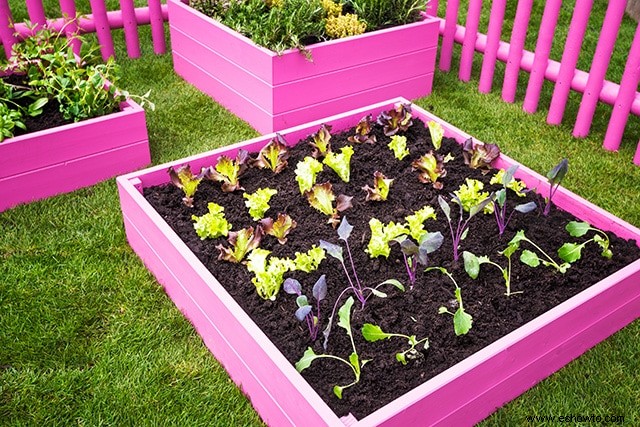
Si es nuevo en la jardinería, sabe que ha escuchado las palabras compost y fertilizante en relación con su vegetación, pero es posible que no sepa exactamente cómo usarlos o para qué sirven realmente.
Sé que he tenido mis momentos con respecto al uso de fertilizantes tanto en mi césped como en las camas del jardín, como cuándo usarlos, cómo usarlos y por qué exactamente los estoy usando en primer lugar... Y yo' He estado igualmente confundido sobre cómo agregar compost a los lechos de mi jardín cuando ni siquiera tengo una pila de compost (que pronto se remediará).
Hoy definiré las diferencias entre estos dos y explicaré cómo usarlos mejor en su jardín.
COMPOST
PROS
- Crea un suelo rico en nutrientes
- Ayuda en la retención de humedad del suelo
- Ayuda en la resistencia a enfermedades
- Ayuda a controlar las malas hierbas
CONTRAS
- Toma tiempo hacer el tuyo propio
- La pila de compost puede oler
- Físicamente laborioso
- Se necesita una gran cantidad para el éxito (problemático para jardines grandes)
FERTILIZANTE
PROS
- Añade nutrientes
- Disponibilidad inmediata de nutrientes para las plantas
- Se dirige a las necesidades específicas de la planta
CONTRAS
- Puede ocurrir una sobrecarga de nutrientes
- Puede alterar el equilibrio microbiano
- Generalmente producido químicamente
- Los productos químicos pueden liberarse en las aguas subterráneas
COMPOST:¿POR QUÉ MOLESTARSE?
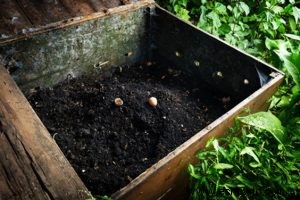
Compost is a medley of organic matter, such as grass clippings, vegetable waste, raked leaves, coffee grounds, egg shells, etc…that has been mixed together and allowed to naturally decompose over time through microbial and bacterial (good) processes. When added into your soils prior to planting, or amended into your top layers, it provides a wealth of benefits for your vegetation to take advantage of.
In short, compost feeds the soils, and enriches them to provide the best atmosphere possible for your garden plants to thrive.
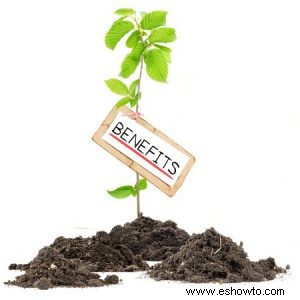
BENEFITS
The perks of adding compost to your soils is a long and varied list, but the most important thing to remember is that plants uptake nutrients from the soils their roots come in direct contact with. Therefore it makes sense to pay attention to your soils as they are a very important part of the vegetative equation.
By amending, or improving upon, your soils through the addition of compost, you are providing a better atmosphere for your plants through an increase of oxygenated air and moisture retention. Soils will adhere to compost particles to form an overall better root environment, and in turn allow roots to grow deep and more easily uptake the many nutrients that will be present through the decomposition process.
Furthermore, soil bacteria create antibodies, some of which are utilized within your garden beds to combat many soil borne diseases to keep your plants healthy and producing.
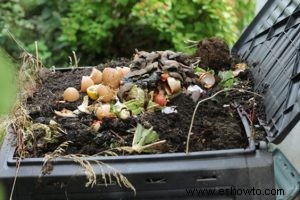
APPLICATION
Compost can be made in a backyard compost bin (either bought or built), or purchased at your local garden center in potting soil, and garden soil mixes. Applications are varied in nature and those who use it regularly all have their favorite ways, but the result is the same; your soils will be improved through its application.
SOIL AMENDMENT
Mixing your compost into existing soils is the easiest way to begin to reap the benefits of its use. You can do this either prior to planting, or in established garden beds. To use in the preparation of soils prior to planting, you’ll want to layer approximately 2 to 3 inches of compost on the bed, and then mix it into the top 6 to 8 inches of soil. As an addition to established beds, simply spread along the top, and work into the top 2 to 3 inches of soil. Compost continues to decompose in the garden on a microbial level, and so as it amends the soils upon application, it also continues to provide a steady supply of nutrients to vegetation.
Watch how the addition of compost to clay soils make it palatable for planting:
COMPOST TEA
Compost Tea is simply compost allowed to soak in water for 3 to 4 days (the longer you ‘brew’, the more concentrated it becomes), strained, and then diluted with water (at a 10:1 ratio) and then used to water your plants with! Of course you can use this poured directly upon your soils as well after dilution, but the straining makes it easy to apply using watering cans, or even spray bottles for foliar applications.
Applications of tea can be used for a wide variety of vegetation. See how it can be use on lawns and landscaping:
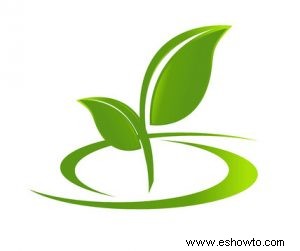
CONCERNS
Because compost is comprised of rotting organic materials, funguses can begin to form that, if inhaled, could pose a health risk. The process of rot, or decomposition, also produces a lot of heat due to the microbial activity, and if your compost pile becomes too dry, or is piled too high, this can cause combustion (although very rarely).
Less concerning is the odor given off by rotting materials. This may not be a problem for you, but it might bother close-lying neighbors.
FERTILIZER:QUICK FIX?
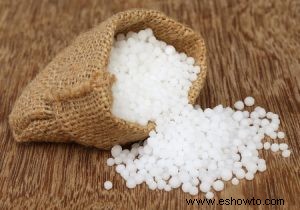
Unlike compost, fertilizer feeds the plants directly, and does very little to the surrounding soils for any length of time. Everything a plant needs to grow and thrive is found in both the soils it is planted in, and in the air around it, so why does fertilizer even exist? In short, not all soils are made equal, and despite containing nutrients, they might not be readily available for vegetative uptake. And this is doubly important for quick growing plants that you are depending upon to yield a harvest.
BENEFITS
The addition of commercial fertilizers target plant’s individual needs, and do so quickly to alleviate deficiencies. Because they are not always long lasting, multiple applications over time are needed, but this is a quick fix to problematic soils that cannot support the nutrient draw certain plants place on them.
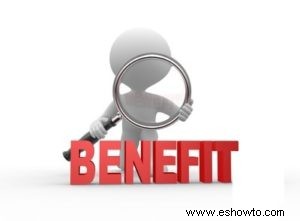
Not all fertilizers are equal either. Many fertilizers are created with specific plants or needs in mind, and you can purchase what you need for either whatever ails your plant, or for the result you are looking for.
They also may be organic, meaning they are made from naturally occurring products, or a synthetic fertilizer, which are made from chemical compounds, or a mixture of both. Generally one is not better than the other, but choices should be made based on personal preference.
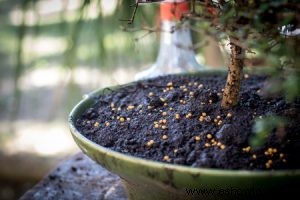
APPLICATION
There are a myriad of fertilizers and fertilizer applicationson the market, and when faced with choices, it can be a bit overwhelming. Your first step is to buy with your needs in mind so you can easily narrow down your choices to what, exactly, you are looking for.
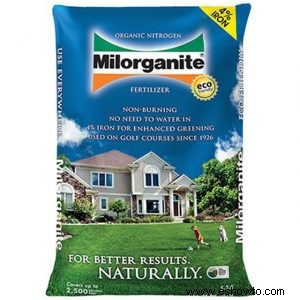
QUICK RELEASE
Quick Release Fertilizer is just that, a compound that very quickly targets the needs of your plant through direct application to the soils in contact with the plant. Fertilizers come in either a solid (granular or powder form) or liquid form. As expected, liquid fertilizers are more readily used as they soak into the soils, but they also need to be applied more often and also diluted with water or you will kill your plants.
Solid fertilizers can also break down quickly when worked into the soils for quick nutrient release, but need a few days and watering in order to see results. These last longer than liquids and don’t need to be applied as often. Some powders are used to mix into water as well to form a liquid application.
SLOW RELEASE
Slow release fertilizers are generally found in granular form and break down over time. When mixed into the soils surrounding the plant they can last anywhere from 2 to 9 months depending on temperature and moisture.
Watch some great tips for fertilizer applications here:

CONCERNS
Because fertilizer break down at different rates, over application can occur if they have not been all absorbed upon repeat applications. This can cause burning of your plant, or an abundance of certain nutrients and cause poor growth, or flowering.
Chemical fertilizers can also run into nearby water sources, or even leech into the ground, although with proper
FEED YOUR SOIL? OR FEED YOUR PLANT?
With proper composting application and soil amendments you shouldn’t need to apply fertilizer at all, and I have had great success with using compost in my gardens to feed my vegetation through the entirety of the growing season. Although fertilizer has it’s uses (especially with houseplants), and can be extremely helpful for specific nutrient deficiencies:with compost you are guaranteed a natural, organic compound that improves the quality and health of the soils over time.
*You might also like: Compost Vs. Topsoil

